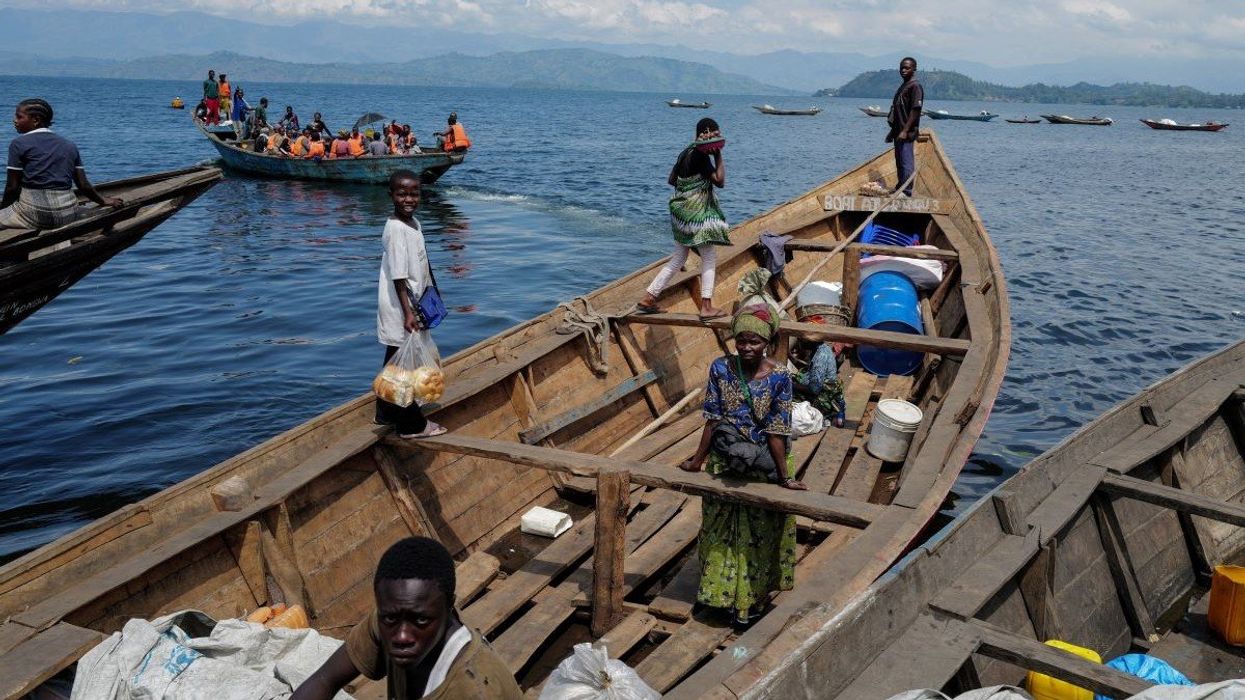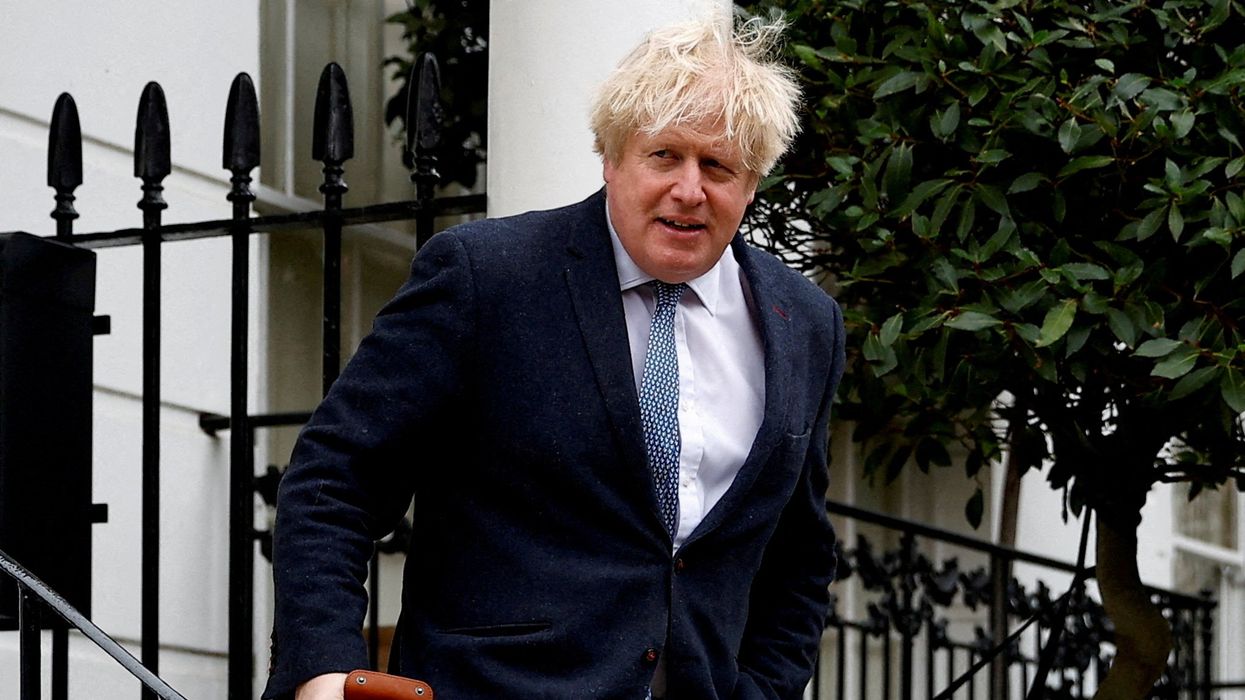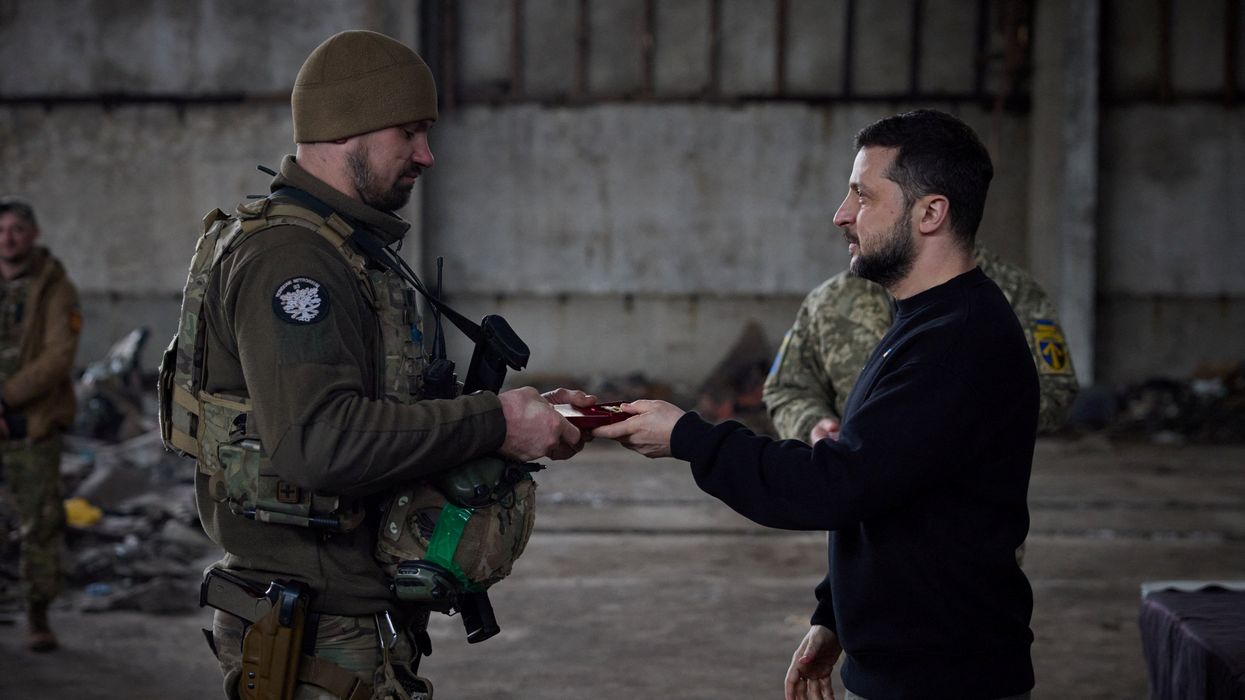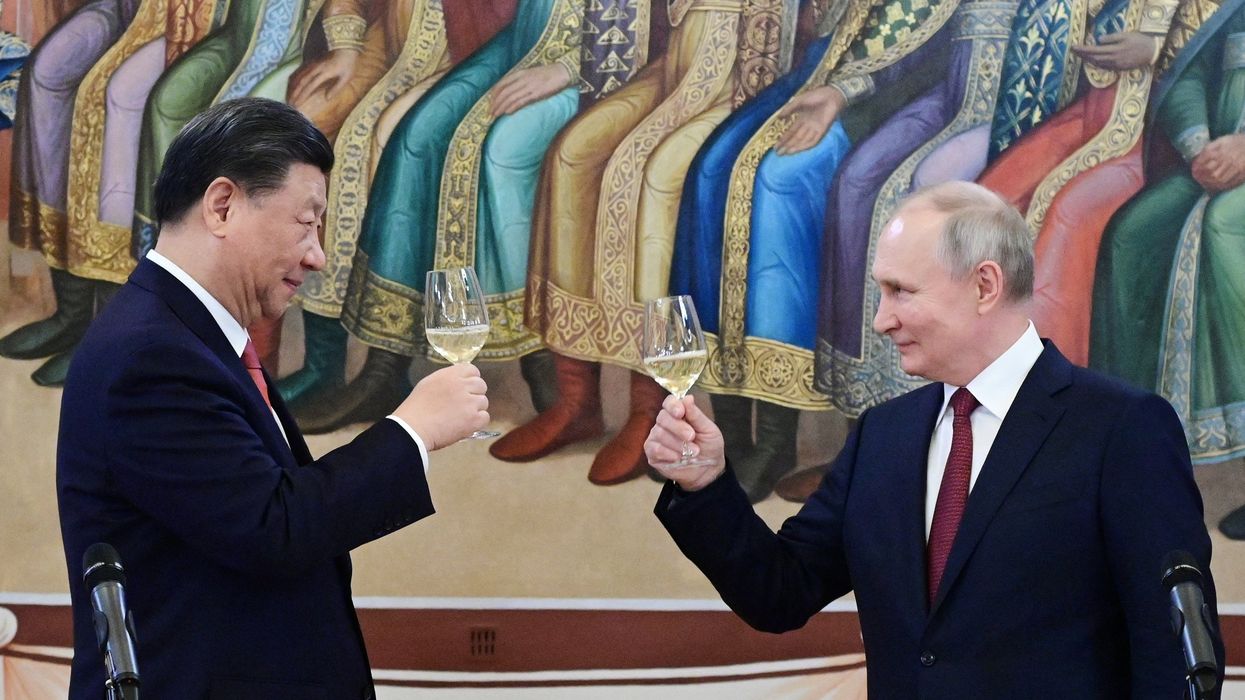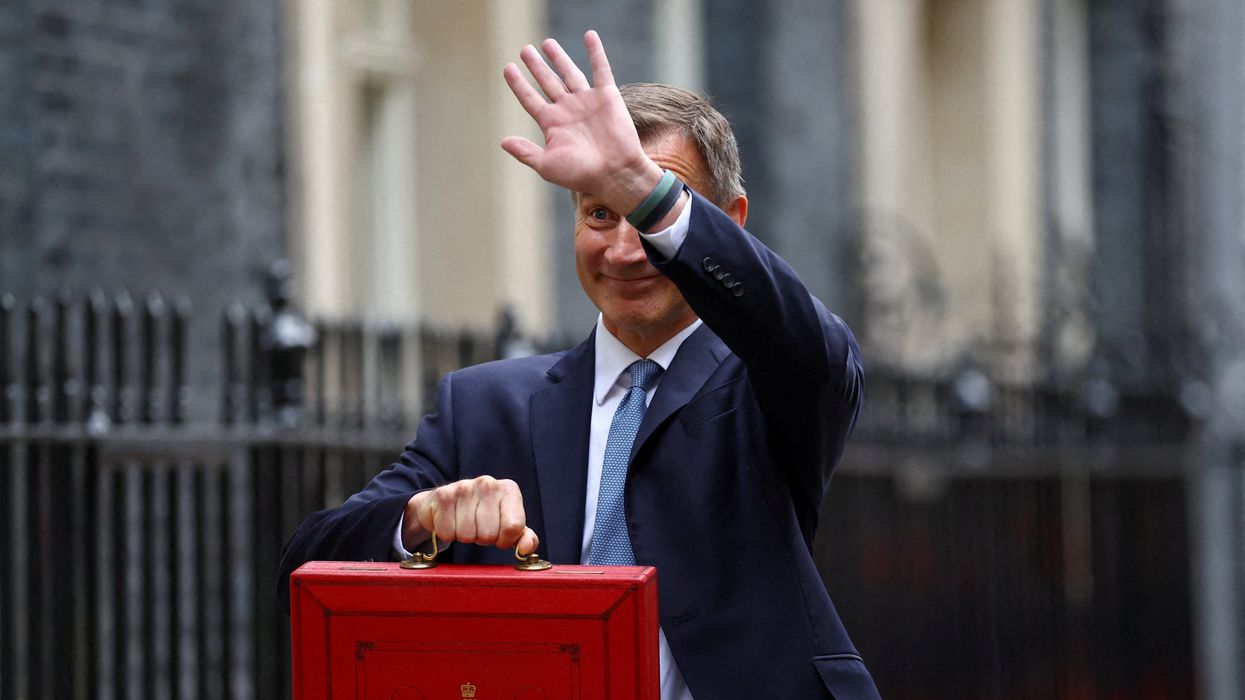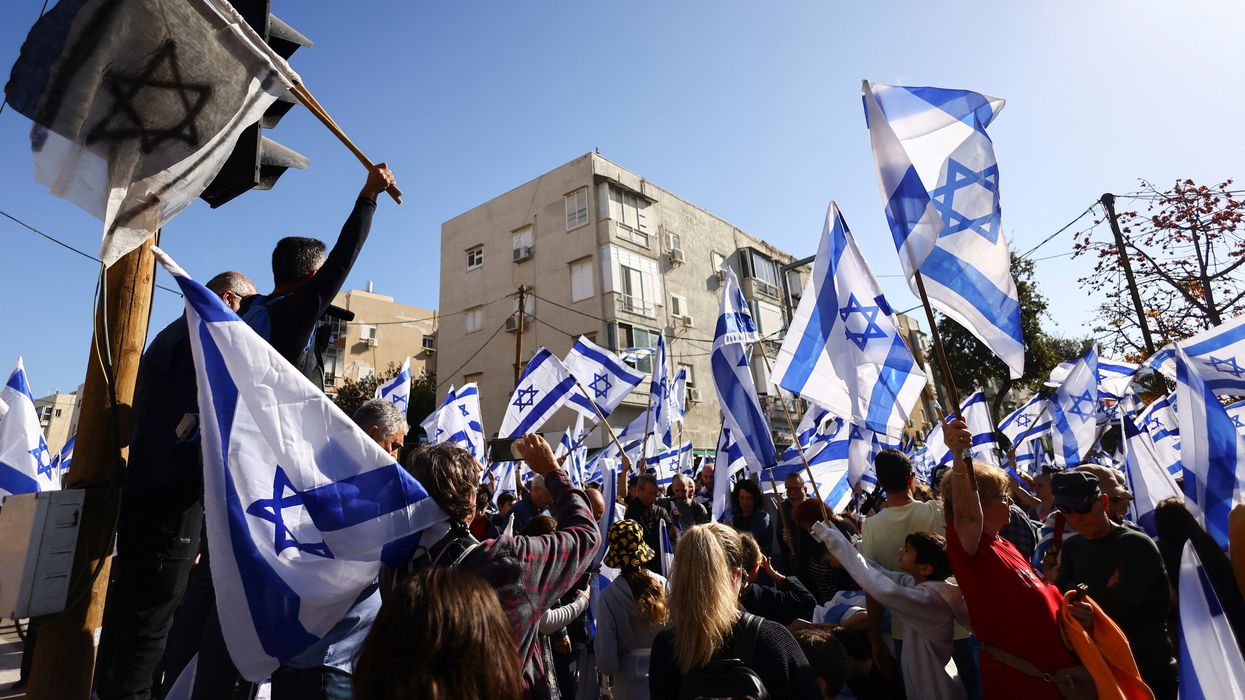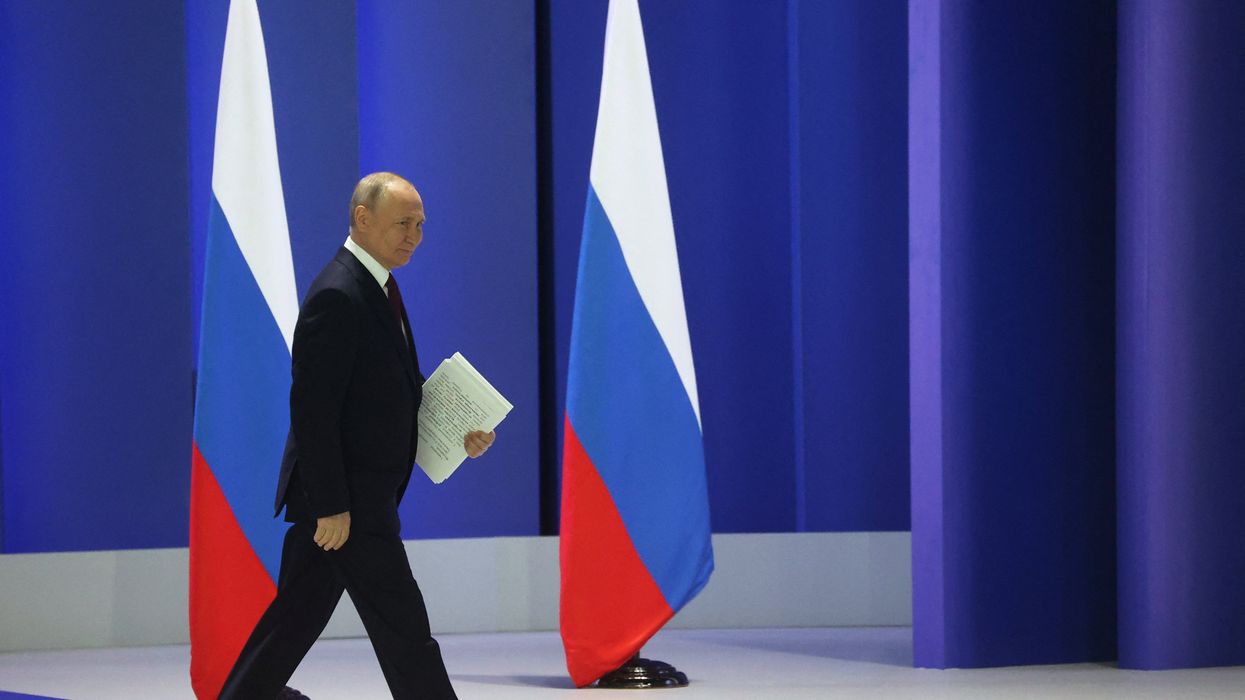Africa
Small Country, Big Story: How Rwanda’s trying to woo Washington
As Western nations adopt increasingly hardline stances on migration, Rwanda has positioned itself to capitalize on these concerns by offering to accept deportees in exchange for payment.
May 05, 2025
